
If you work as a professional in the IT field, or in any profession related to the scientific world, then you should know this list with the best distributions for the STEM world. Some of them already come with countless pre-installed packages to make your work much easier when you need apps for robotics, development, calculation, etc.
CAELinux
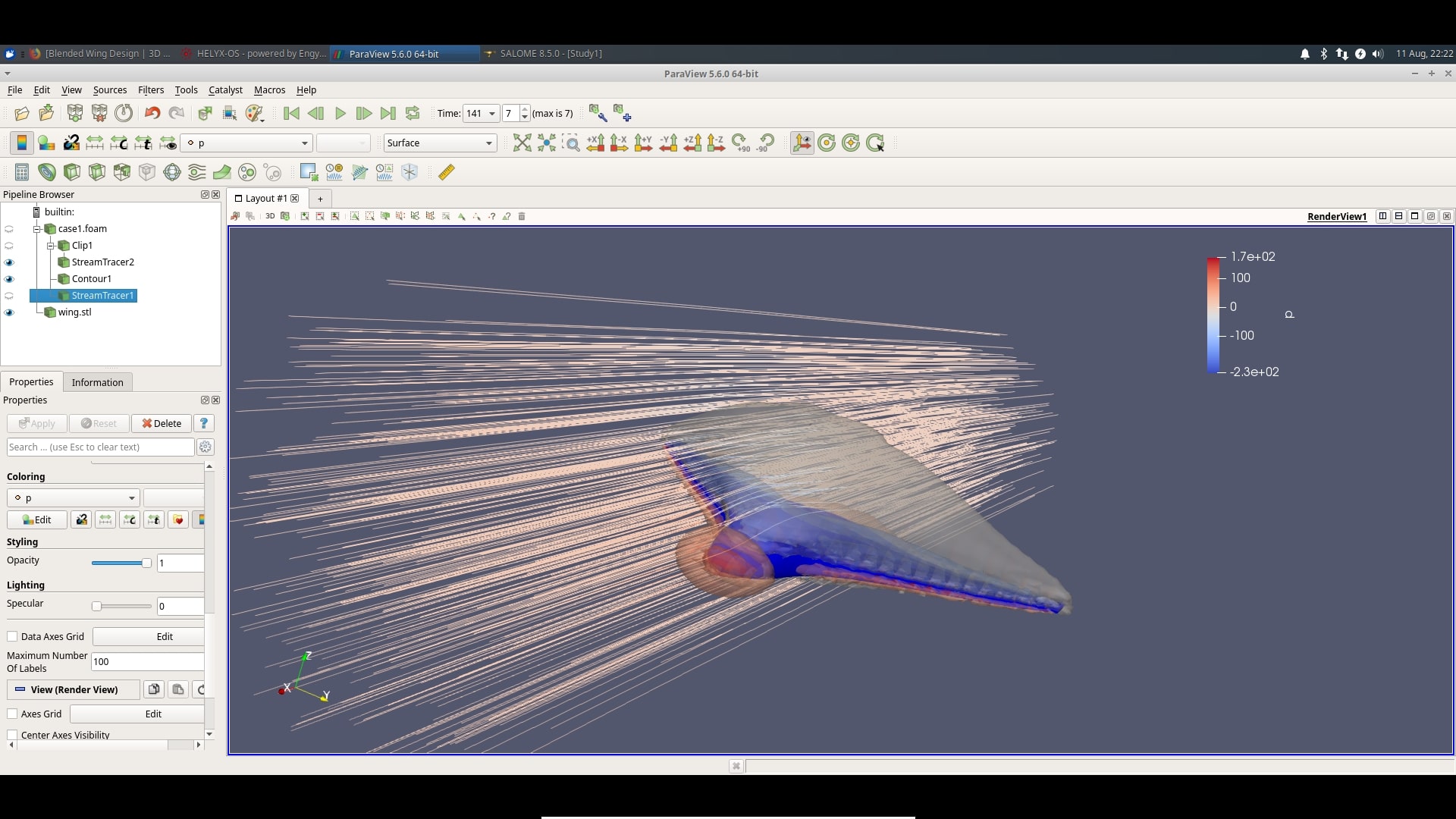
This GNU/Linux disto is special for STEM professionals, one of the best distributions focused on engineering, with packages for CFD and CAD/CAM. built on the glade tool kit. It can work in Live mode and with very few resources. As for the base, it uses an old version of Ubuntu.
Comes with a notorious repertoire of packages such as SalomeCFD, Code-Saturne 5.3 MPI, Calculix, FreeCAD, Code-Aster 14.4 FEA Suite, OpenFOam V7, Helyx-OS GUI, CAE, GNU Octave, and development environments in Python, R, C/C++ and Fortran.
Lin4Neuro
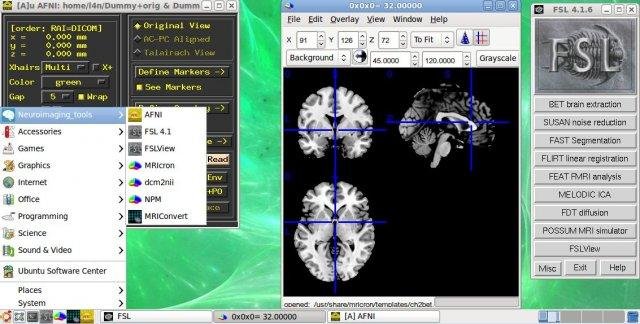
Lin4Neuro is another one of the best distributions for scientific use. A project developed in Japan that comes to occupy this niche especially optimized for the fields of neuroimaging analysis and neuroscience.
The latest version at the time of this writing is based on Ubuntu 16.04 LTS, with a XFCE desktop environment like that of Xubuntu and, therefore, it is very light, being able to work in computers without too many resources.
BioLinux
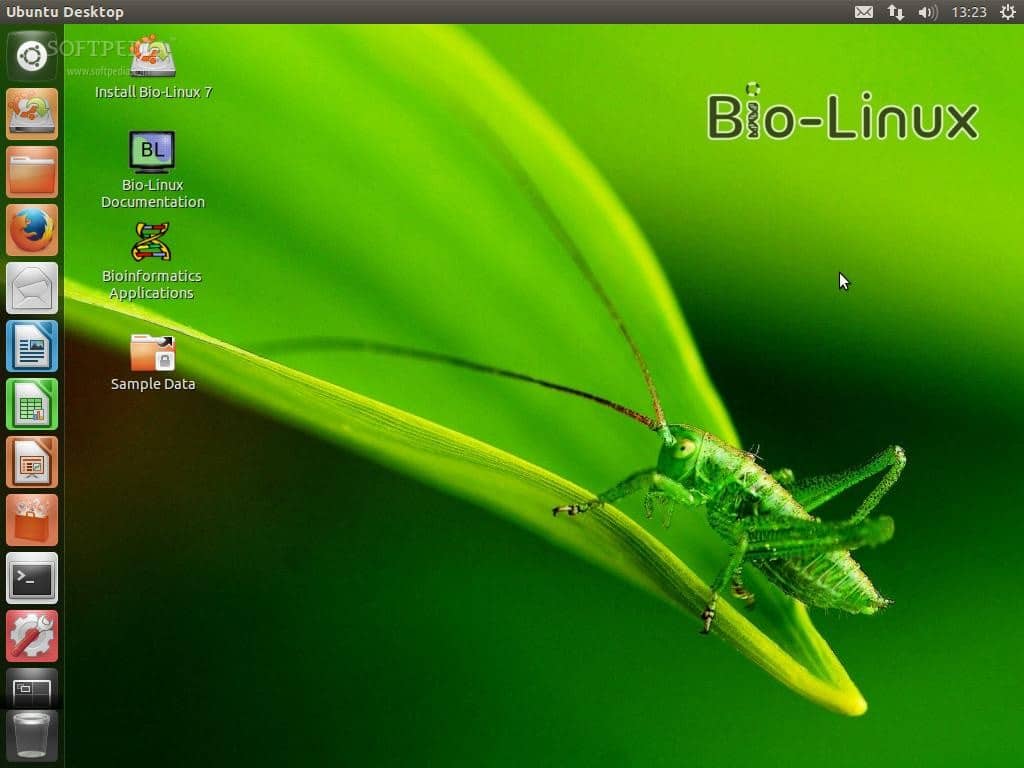
Bio Linux is another great operating system based on Debian and designed to be very user-friendly, as well as safe and reliable. A robust work environment developed by the UK Center for Ecology & Hydrology.
In this case, the packages included in this system are intended for the bioinformatics. Specifically, some 250 pre-installed packages have been included.
Fedora Robotics Suite
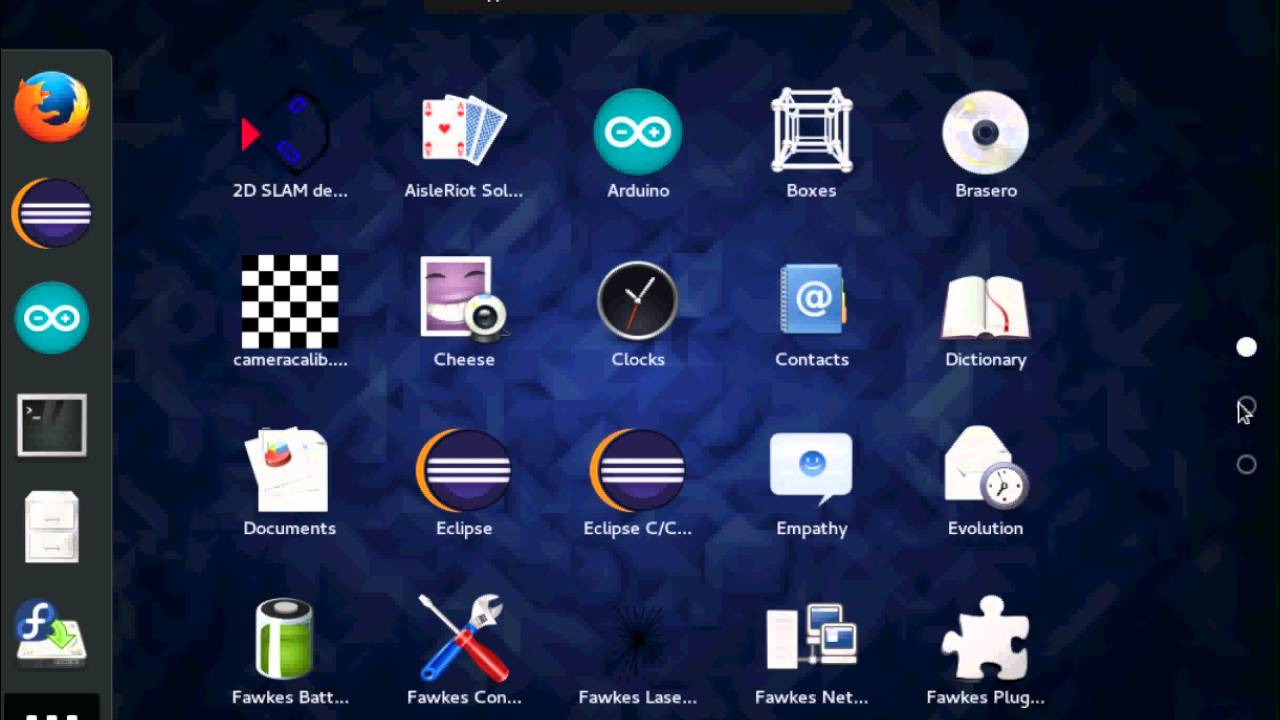
The Fedora distribution has a large number of variants o spin labs As far as packages are concerned, to satisfy different guilds. Fedora Robotic Suite is another of the best distributions, in this case focused on those who work with robotics or electronics.
La distro is stable, robust and includes a good repertoire of pre-installed tools for robotics and development. Everything to simplify the work and start experimenting with robots and electronic DIY projects.
Fedora Astronomy Suite
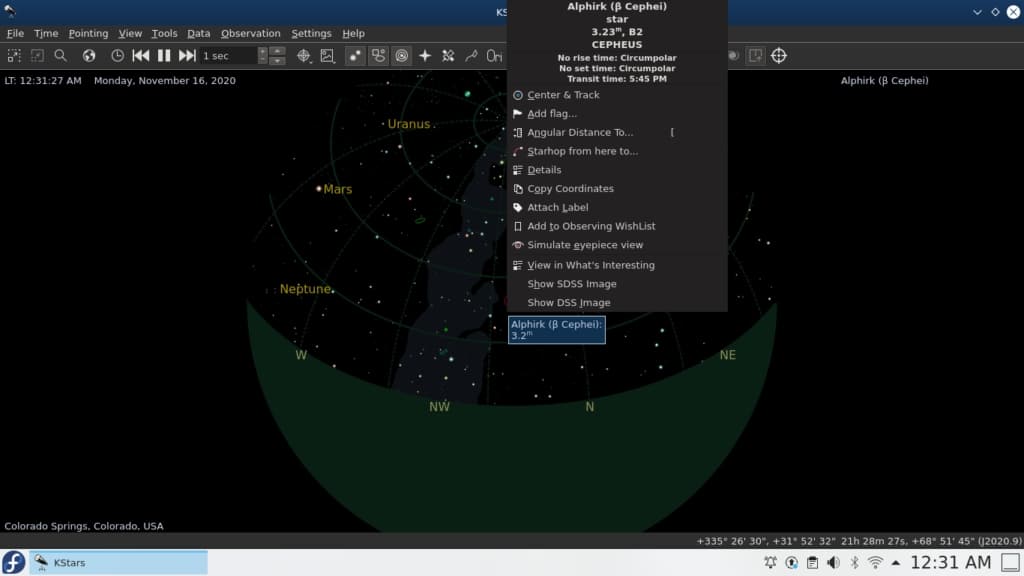
And from one Fedora to another. Fedora Astronomy Suite, as its name suggests, is a spin-off of this distro especially aimed at those who work in the world of astronomy. For this reason, it includes a lot of packages for photometry, spectroscopy, etc.
During installation, its simple graphical installer will also will allow you to select which package groups you want to install, to be able to personalize it even more. This reduces a large number of installations and configurations, so that you can simply worry about your astronomical projects.
Fedora Science
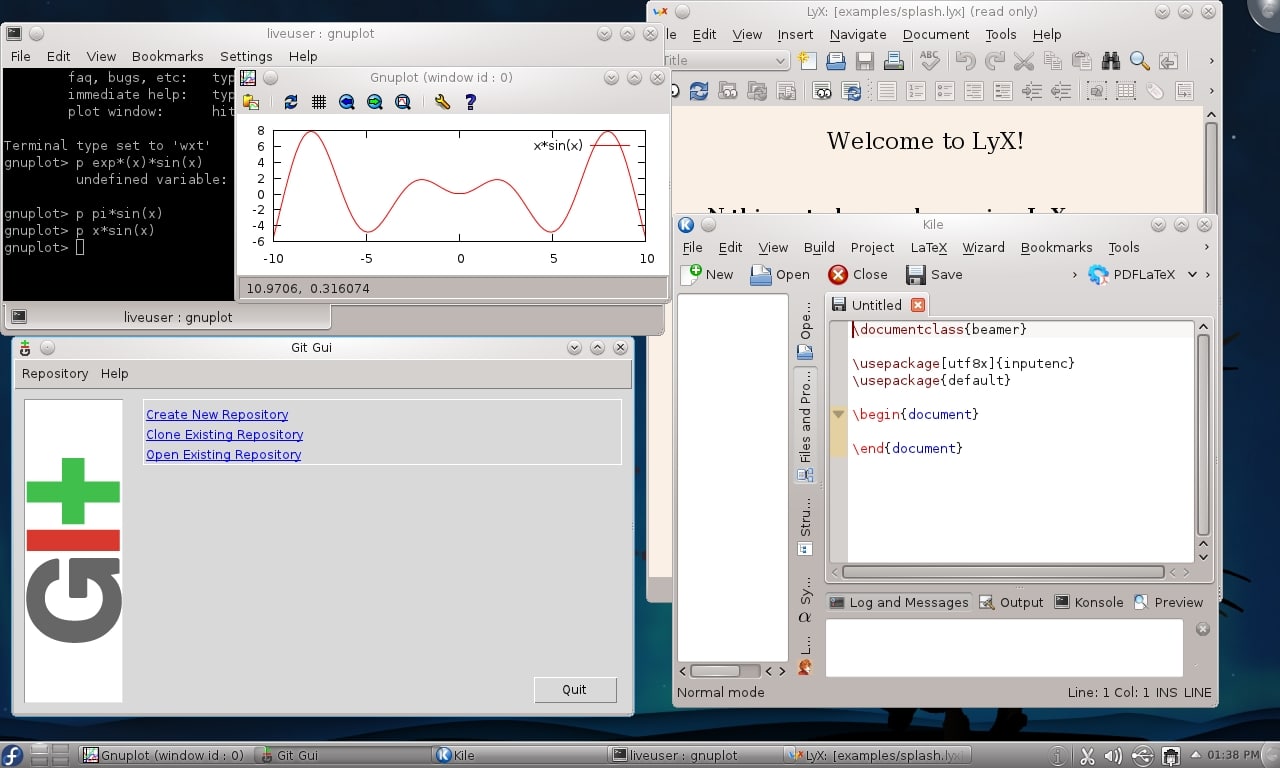
Surely you know CCentOS, the distro they had at CERN, or Scientific Linux, well, here's another alternative for scientists. This is one of the best distributions you can find. Fedora Science It has everything you expect from a Linux distro and endless packages for scientific use.
With a single installation You will have the complete operating system and the packages you need to start with calculations, physics, laboratory apps, etc.
Another scientific distro that might be interesting is EpiLinux.
https://www.sergas.es/Saude-publica/Epilinux?idioma=es
Good article, but why didn't they put the scientific linux distro? They use it at CERN (the largest physics laboratory in the world), Fermilab, DESY and ETH Zürich. It is based on RHEL.